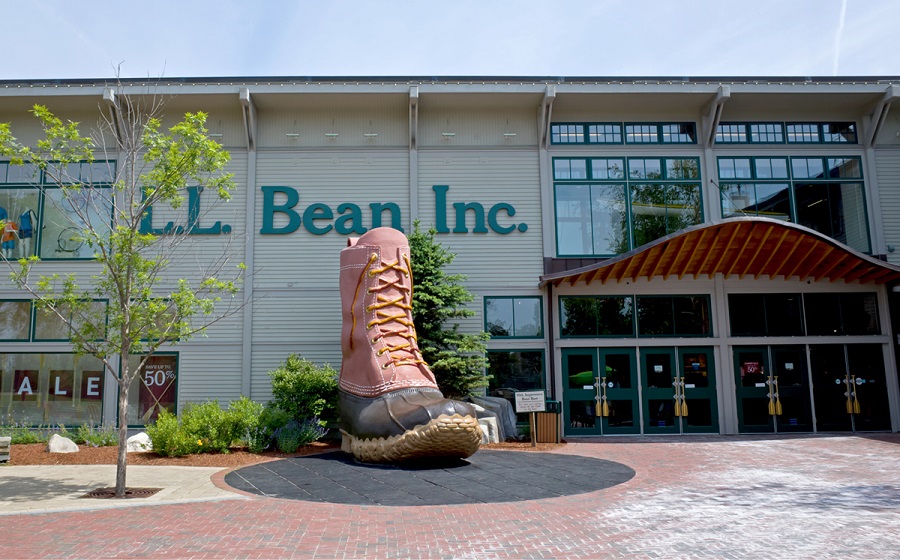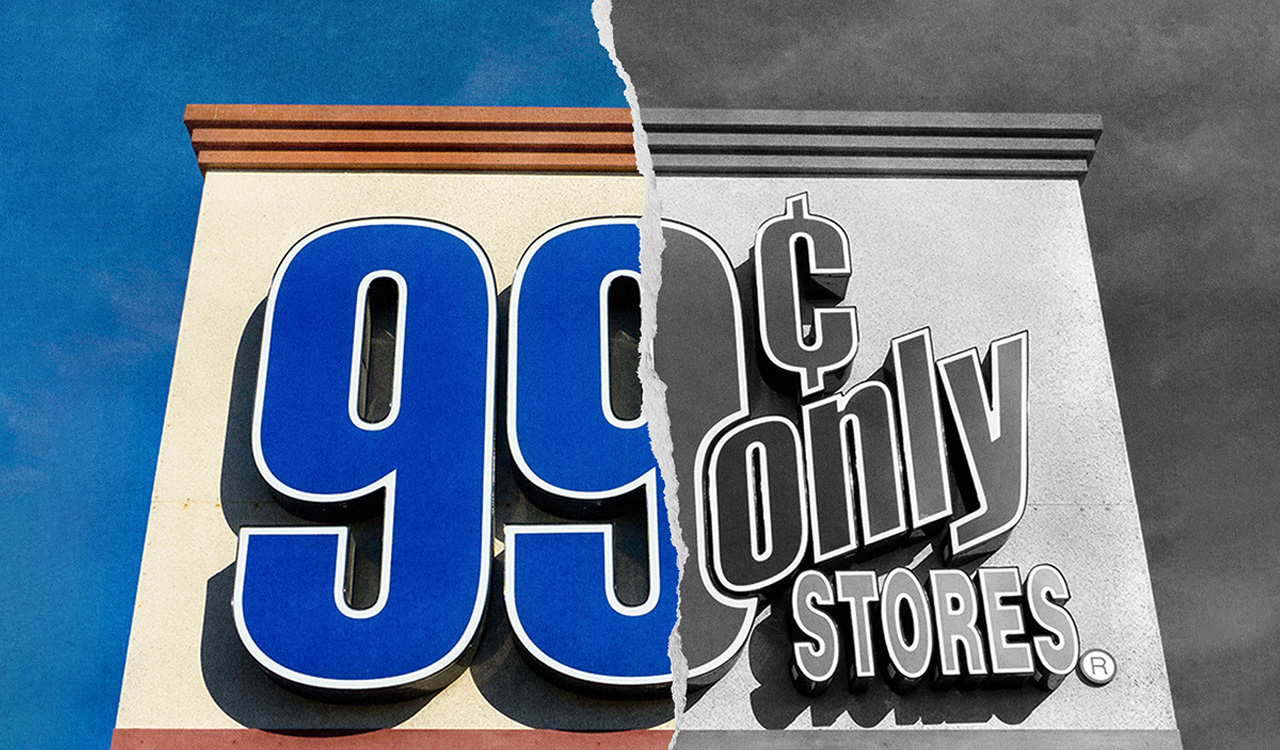Honesty, trustworthiness and confidence that promises made are promises kept: these are the qualities we look for in our partners, our friends, the people we hire and those we vote for.
These are the same qualities we look for in companies we choose to do business with. The saying goes, “People with good intentions make promises, but people with good character keep them.” The same can be said about brands.
Reputations matter in life and in business, which is why the Reputation Institute’s annual study of the most reputable companies is important. In this year’s U.S. RepTak 100 study ranking companies across seven dimensions that comprise a company’s reputation among consumers, a total of 39 new companies made the Top 100 list, reflecting a high level of churn. And conversely, 39 companies fell off the list. Among the companies that fell hardest in 2018 was L.L. Bean.
In 2017 L.L. Bean was ranked number 16 overall as a company to do business with, to work for, that created trustworthy high-quality goods and services and that could be counted on to do the right thing. This year it dropped completely off the Top 100 list. Why? Changes made to the company’s promise of standing behind its product quality with a lifelong 100% satisfaction guarantee.
That Was Then, This Is Now
Ever since its founding in 1912, the company had a policy of 100% satisfaction guarantee, promising a refund or exchange on any of its products with no time limit. The policy was stated most recently as: “We make pieces that last and if they don’t, we want to know about it. So, if it’s not working or fitting or standing up to its task, we’ll take it back. L.L himself always said that he didn’t consider a sale complete ‘until goods are worn-out and the customer still satisfied.’”
Over the years, the company had to swallow losses from occasional misuse of this policy, but the goodwill it fostered among customers was worth the cost. But then came the internet and marketplaces like eBay where unscrupulous people could buy well-worn L.L. Bean products for pennies and return them to the company for full value. This was clearly not the company’s intention.
In the company statement announcing the new 365-day return policy requiring proof of purchase, Shawn O. Gorman, executive chairman of L.L. Bean, and great-grandson of the founder, said, “Increasingly, a small, but growing number of customers has been interpreting our guarantee well beyond its original intent. Some view it as a lifetime product replacement program, expecting refunds for heavily worn products used over many years. Others seek refunds for products that have been purchased through third parties, such as at yard sales. Based on these experiences, we have updated our policy.”
Promises Broken
While the revised return policy makes all kinds of business sense and it compares most a favorably to other companies’ policies, it still is a change that feels like a betrayal to the generations of customers the company has served.
“Recently implemented business strategies have had a broad negative impact on L.L. Bean’s reputation – i.e. the emotional connection that the general informed public has towards the company,” said Sven Klingemann, RI’s global research manager, commenting on the slide of the company’s reputation. “We have also seen L.L. Bean’s performance rated more negatively – not only in product and customer service performance, but across all key operations of the business.”
The perception is that the company made a decision in favor of the company, not the customers. This translated into a significant drop in two dimensions that really matter to a company: People’s intention to buy, which declined from 68.4 percent in 2017 to 51.3 percent in 2018, and trust that the company will do the right thing, from 68.1 percent to 52.6 percent.
Commenting on these shifts, Klingemann said, “L.L. Bean is increasingly perceived to be falling short in its role as a good corporate citizen and employer. Instead, the public discourse seems to center around sales and profit metrics – one of the least important drivers of reputation.”
Time Will Tell
The Reputation Institute’s measure of L.L. Bean’s reputation fall is real–statistically reliable and valid. As with most studies it reflects the results of a survey conducted in a specified time frame measuring only people’s feelings at that time. This study was conducted just when news of the L.L. Bean policy change was breaking. So, the long-term impact of the change may prove far less significant after the initial shock passes. Klingemann notes the company still has a strong, if not currently an excellent reputation according to the RI ranking. “The company still has a solid reputation capital and a healthy amount of goodwill among its loyal customers,” he said.
Widening the perspective, Wharton School professor of marketing and author of the new book, The Shopping Revolution: How Successful Companies Win Customers in an Era of Endless Disruption, Barbara E. Kahn believes that L.L. Bean is like many other retailers that are struggling as Amazon’s relentless march to disrupt retail business as usual carries on. “L.L. Bean may have removed one of the reasons why people would buy from the brand,” she says. “That being the case, L.L. Bean may get tangled up in the web where people decide they can buy comparable products more easily from like Amazon with its 100 million paying Prime members, which gives them an even stronger case to buy there.” Kahn further notes that while consumers are now empowered with social-media platforms to announce their displeasure at companies, their vocal outrage doesn’t necessarily translate into a change in buying behavior. “People get mad at brands and make a lot of noise. But when push comes to shove, it doesn’t make that much difference. If they really like the brand they will still buy it.”
And that may ultimately be the case for L.L. Bean, because the people that took advantage of the old return policy were not necessarily those who even bought products from the company in the first place, especially if, as the company contends, those products were bought at yard sales, on eBay or through other third parties. They weren’t even L.L. Bean customers.
Change Is Hard, but Necessary
L.L. Bean thought the negative side effects of its old anything-goes return policy were even greater than the potential negative consequences resulting from changing it. Customer service consultant and author Micah Solomon believes that for authentic L.L. Bean customers, the change in policy will prove to be insignificant. Those customers will realize that they have been paying the freight all along for the freeloaders that have taken advantage of L.L. Bean’s generous return privilege. “But for scrupulous L.L. Bean loyalists, the new, gently-trimmed policy is an irrelevant change, because loyal Bean customers aren’t looking to violate the social contract opportunistically. It’s only for these non-customers and shouldn\’t-be-customers that the policy change will matter,” he said.
For now, L.L. Bean must work overtime to continue to communicate that its commitment to exceptional customer service and producing equally exceptional quality products that will deliver a lifetime’s worth of use has not changed. All that has changed are the details, which are hardly onerous, but rather still very generous when considering that Amazon and so many other companies only allow 30-days for returns.
The company needs to shift the message from the return policy details, to its continuing ongoing promise that, “After one year, we will work with our customers to reach a fair solution if a product is defective in any way.” [emphasis mine]
And while I think it somewhat presumptuous to say, as Gorman did in the company’s letter announcing the change, “Our commitment to customer service has earned us your trust and respect,” the real message that it needs to communicate over and over is this, “We stand behind everything we sell.” That will reverse L.L. Bean’s reputational slide in 2018 and put it back into the top 100 U.S. brands in 2019.




